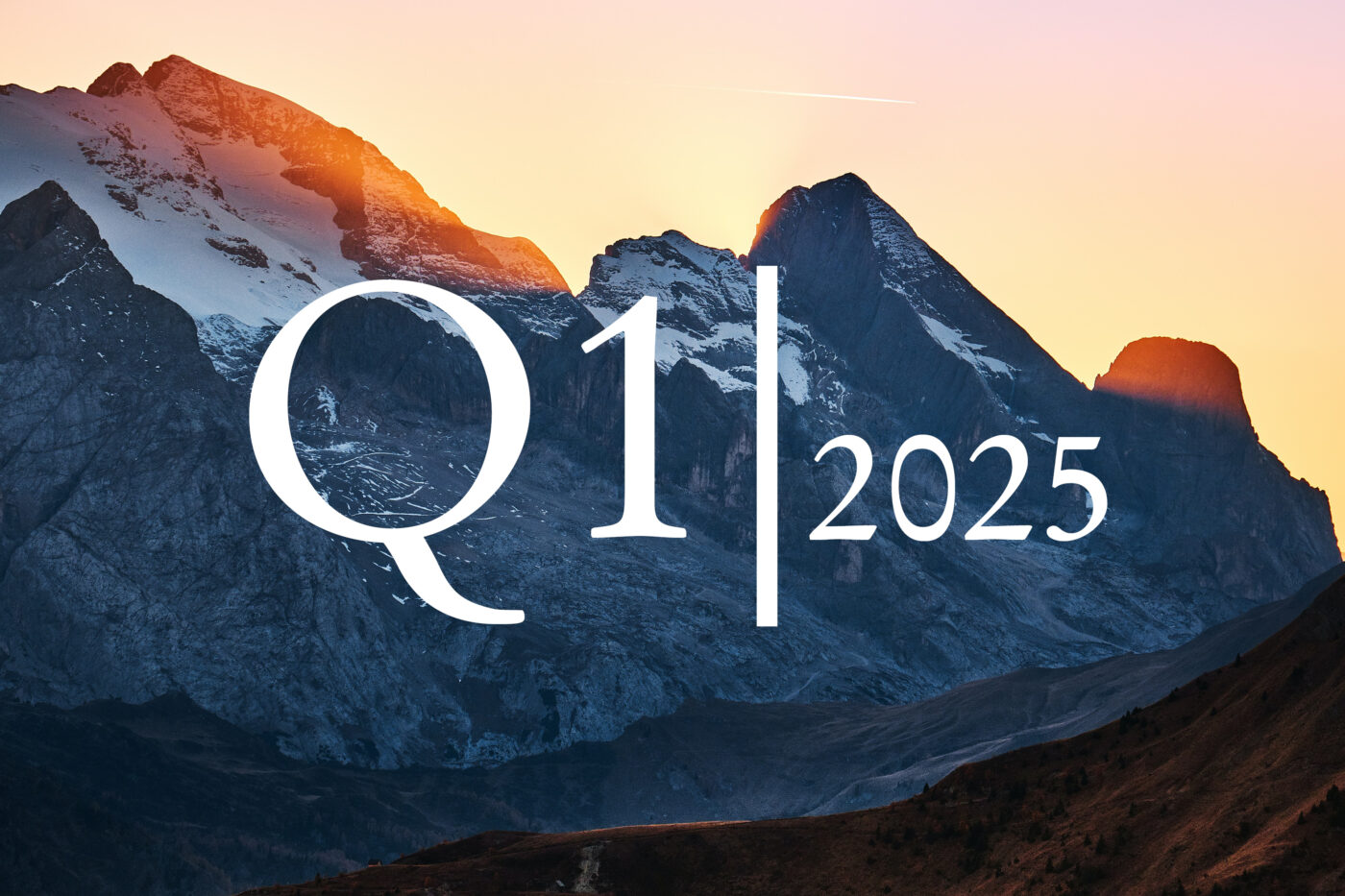In a nutshell
Earnings expectations are likely to be further reduced in line with worsening economic data.
Valuations have recently risen again, especially for US equities. There is unlikely to be a significant valuation expansion in 2023. Europe and Asia are relatively more attractive.
Major sell-offs are also likely in 2023. However, the market is likely to focus on 2024 at the end of 2023 and thus there is limited upside potential.
European equities clearly ahead in the fourth quarter
A mild winter so far, robust economic data, and hopes for a significant decline in inflation and accompanying less restrictive central bank policies have boosted equities. European equities in particular benefitted from the recovery rally, boosted by an encouraging Q3 reporting season, short covering and relatively cheap valuations. US equities also gained, but significantly less, weighed down also by US dollar weakness in Q4. Emerging Asian equities were among the underperformers with +3.5% in Q4, too.
Probably no earnings growth in 2023
Since the beginning of the year, 2023 earnings growth estimates for developed markets have been cut by a moderate 4ppt. The consensus now assumes a 4% growth rate for corporate earnings in 2023. Given the threat of recessions in many regions in 2023, we still think the consensus estimates are too optimistic, especially as corporate profit margins are likely to fall next year, for example due to higher salary and refinancing costs as well as increased planning uncertainty (currency volatility, China, Russia, etc.). Realistic earnings estimates are likely to be at least 5% lower, in our view. If a more severe and prolonged recession does occur, which our economists do not expect, earnings estimates are likely to fall by well over 10%. The Q4 reporting season, which is about to get underway, should give an indication of where we are headed, even if the lingering effects of the central banks' pronounced tightening policy will probably only be visible in later quarters.
Recession priced out again
In Q3 2022, the market had already priced in a mild recession, at least in many areas. For Europe, the valuation discount was even higher. Valuations have shot up again, especially in the US, following increasing hopes of a timely Fed turnaround and a soft landing. For example, the S&P 500 is currently trading at a forward P/E of 18.3, higher than the average of the last 35 years, despite the massive rise in real interest rates this year and the increased relative attractiveness of bonds. A key reason is likely to be the relatively large share of non-fundamental investors in US equities. Major demanders, besides companies via share buyback programmes, are the US pension market, which primarily invests in equities via index products, irrespective of valuation levels.
Equities recovered significantly across the board in Q4, with European stocks in particular up
Major setbacks also likely in 2023
Even if the upside potential is likely to be limited next year, European and Asian equities in particular are likely to perform well in 2023, as both regions have already priced in significantly more negatives than the US. The margin of safety is correspondingly higher. In addition, both regions are likely to benefit from the lagging effects of the USD strength, while US exporters are more likely to suffer. And as far as the economy is concerned, our economists have recently become more optimistic and now expect a somewhat less deep recession in the eurozone. Nevertheless, equity markets are also likely to experience stronger setbacks again in the course of 2023, not least due to negative earnings revisions and quantitative easing by central banks. This is especially true if systematic strategies continue to add to equities into 2023 due to the recent drop in volatility and better price momentum. This will then make markets more vulnerable again. However, with the market already looking ahead to what is likely to be a much better economic 2024 by the end of 2023, equity markets should recover from their setbacks. We expect a volatile, limited upward movement for equities in 2023. The US presidential cycle also argues for upward potential in 2023. The third year after the US elections is usually by far the strongest equity market year.
Equities usually strong in third year of US Election Cylces
S&P 500 development depending on US elections. Year 3 represents the third year after the US elections, which take place in November every four years.
Forecast summary: Equities with limited upside potential in 2023
Comparison of Berenberg and consensus forecasts, values at mid-year and end of 2023.
What is on companies' minds?
Looking towards 2023
A difficult equity year is coming to an end. In our many year-end discussions, among others at Berenberg's very well-attended Penny Hill conference, we looked to the future. For instance, we heard from the important for us semiconductor industry, which had recently seen a weak phase driven mainly by lower demand for PCs and smartphones, that a recovery is to be expected for mid-2023. This is also driven by continued robust demand from the automotive industry, which is suffering from a persistent semiconductor shortage. Apart from that, however, we heard from a wide range of economic sectors that supply bottlenecks should continue to ease, which is then likely to be reflected in a weakening of many inflation drivers - such as freight rates. This, however, will also be accompanied by the liquidation of existing inventories. Something that is causing headaches especially in the industrial sector. In the consumer goods industry, manufacturers of everyday goods expect a prolonged period of weakness and a trend towards "white label" products. Demand for luxury goods, on the other hand, is unbroken and is expected to benefit from the end of China's zero-covid strategy in the coming year.
- Matthias Born, CIO Equities
Author

Ulrich Urbahn
Ulrich Urbahn has been working for Berenberg since October 2017 and is responsible for quantitative analyses and the devel-opment of strategic and tactical allocation ideas, and is involved in capital market communications. He is a member of the Asset Allocation Committee and portfolio manager of the Berenberg Variato. After graduating in economics and mathematics from the University of Heidelberg, he worked for more than 10 years at Commerzbank, among others, as a senior cross asset strate-gist. Mr Urbahn is a CFA charterholder and was part of the three best multi-asset research teams worldwide in the renowned Extel survey for many years.



